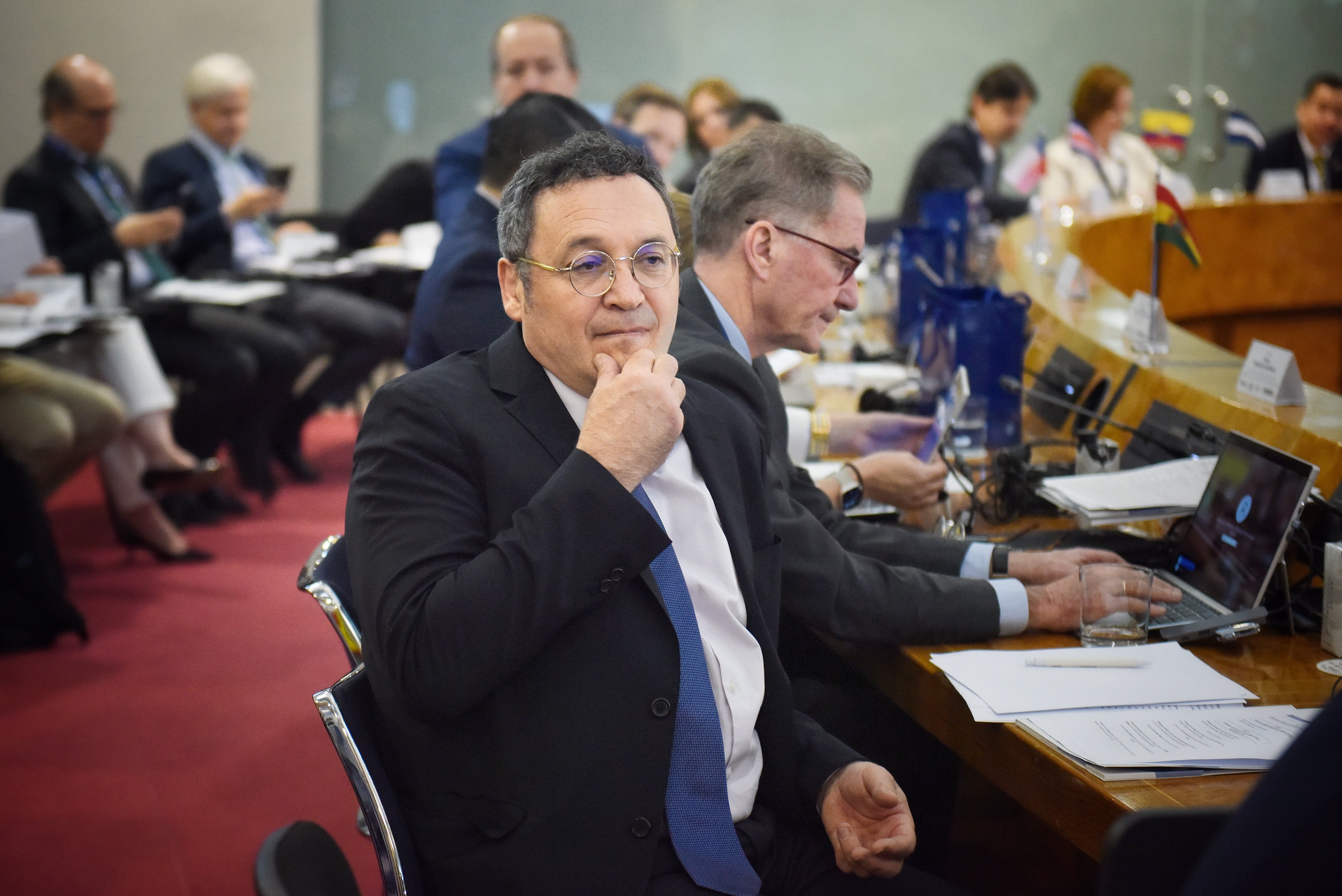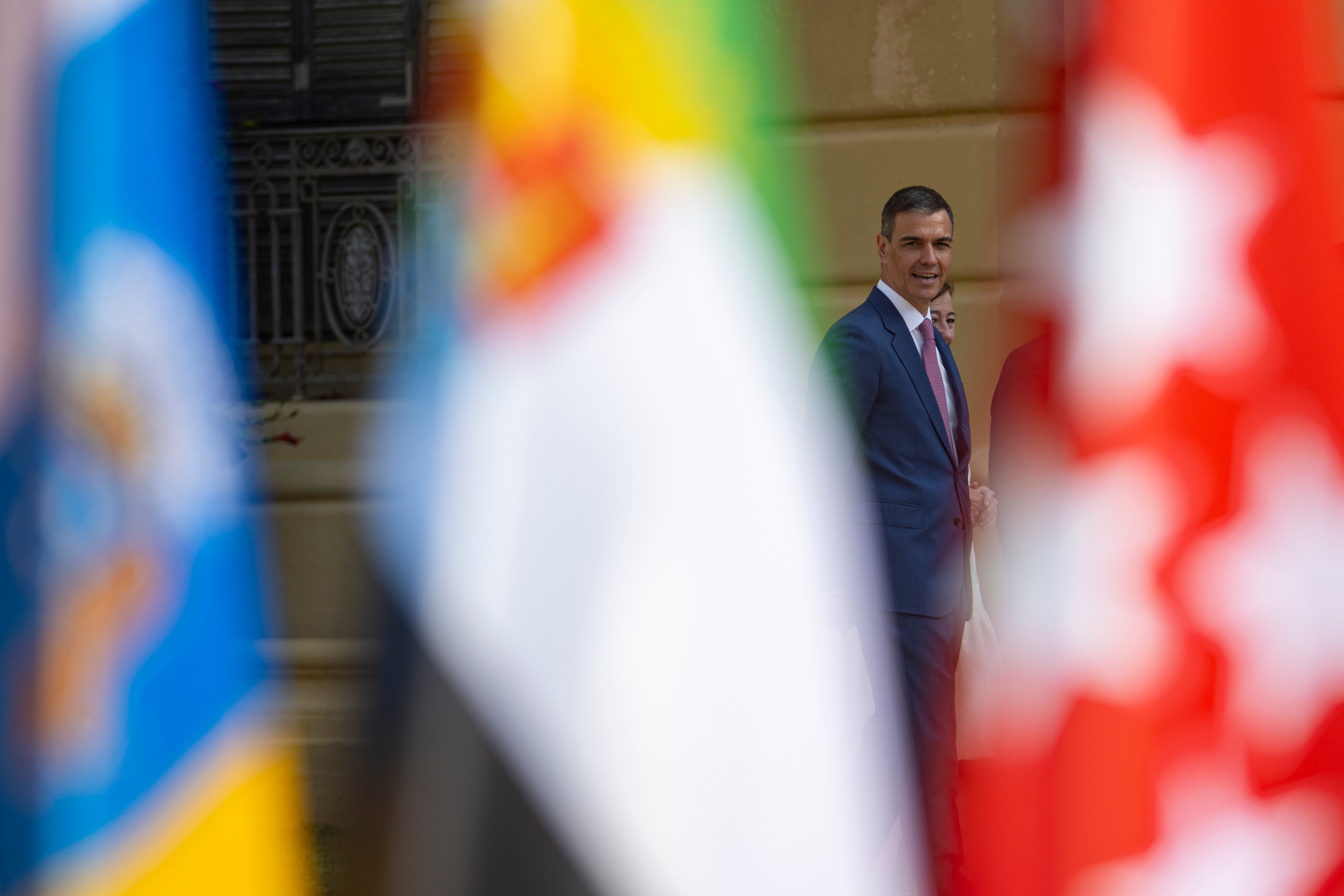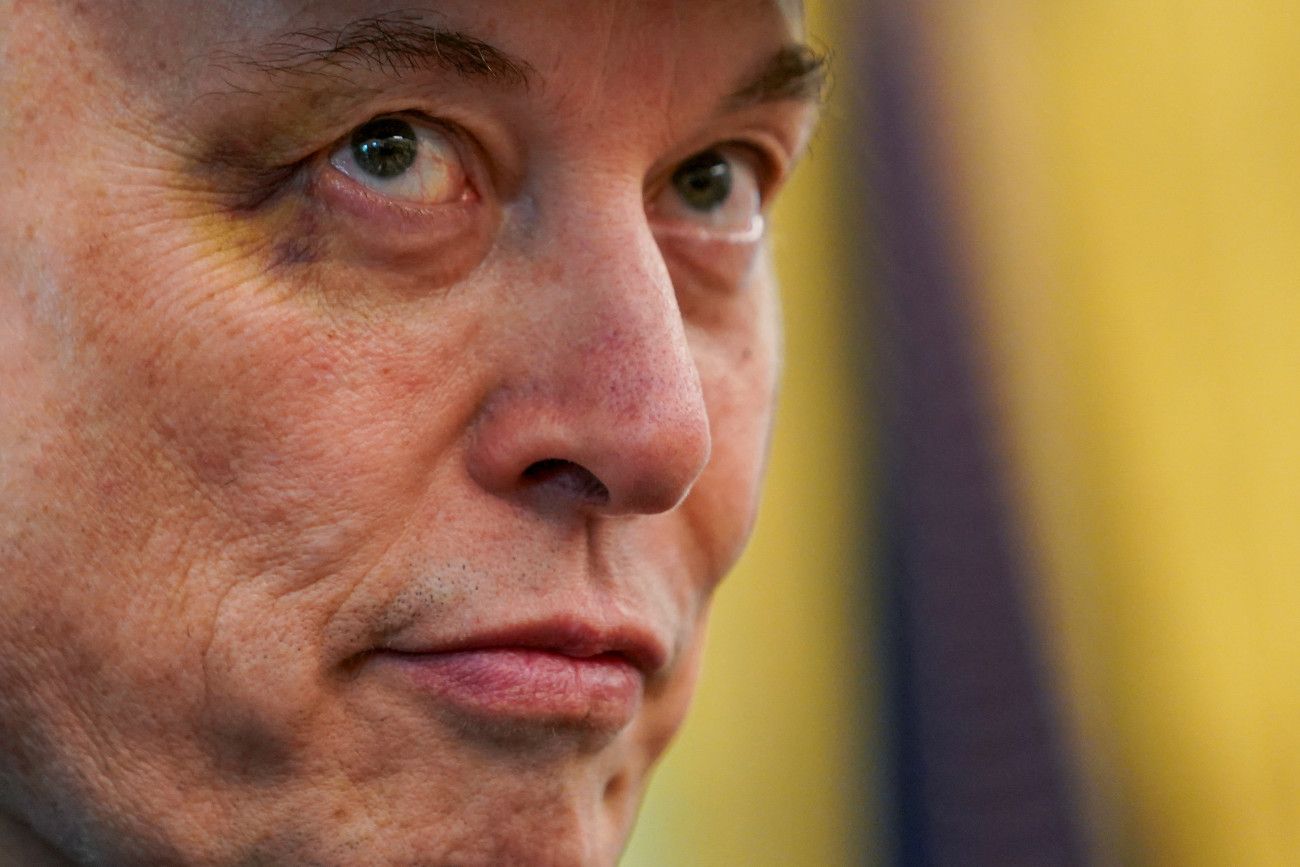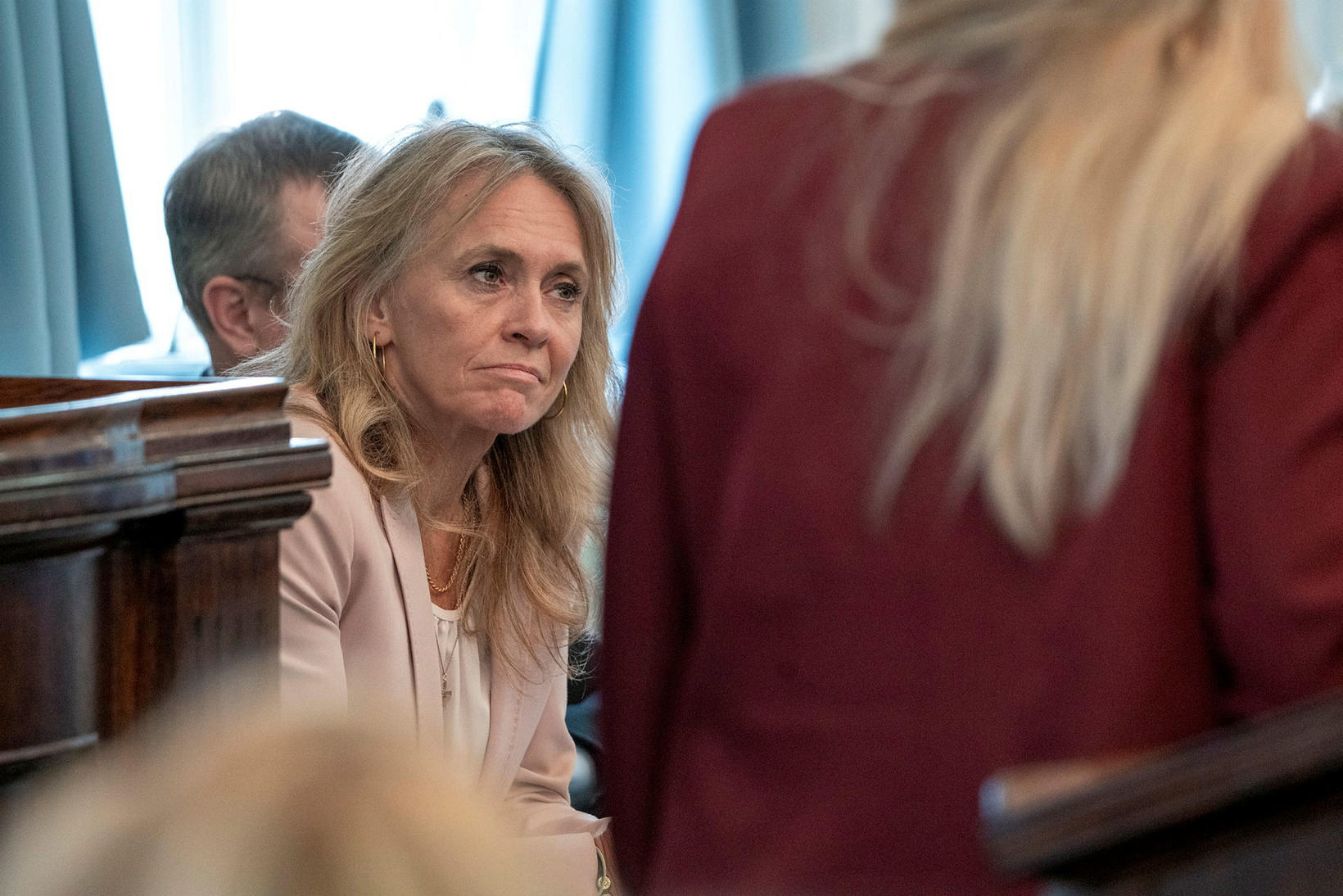Alicia Romero, Catalan Minister of Economics: « Confront Catalonia with the rest of Spain does not contribute solutions » | Spain
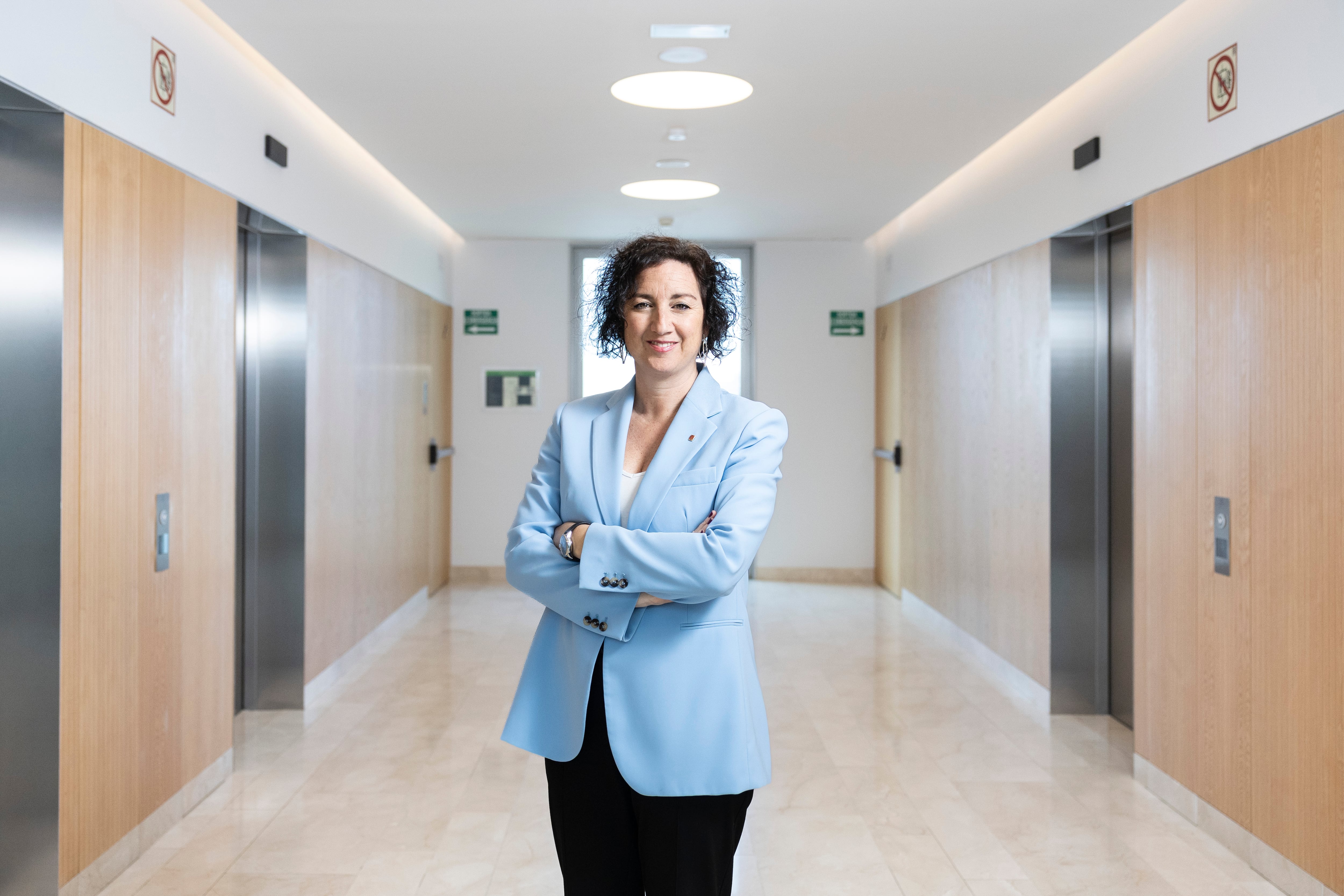
Alicia Romero (Caldes d'Estrac, Barcelona, 48 years) closes an intense week. Has tied with the central government A remove of 17,104 million euros of the Catalan debt and has closed the participation of the Tax Agency of Catalonia (ATC) in the Registration Tax and the creation of a consortium for state investments. He has ahead of the management of the Government of the Government of Salvador Illa: the singular financing for Catalonia. The Minister of Economy, of the maximum confidence of the President, It makes a effort to spread the idea that the advances that Catalonia achieves are not at anyone and reproaches the PP to insist on shooting at the Catalan target just to scratch votes.
Ask. Catalonia has challenged the speech on the benefits of debt forgiveness for the coffers of all communities, but has not avoided the clash between autonomies.
Answer. We have seen a PP that makes politics its worst game. The Autonomous Liquidity Fund (Fla) was created by a PP minister, Cristóbal Montoro, who at the time already spoke of needing a subsequent review and condemning debt. But we were in full crisis and the PP government gave a very different response to the one that occurred during the COVID-19. In the case of Catalonia, a report from The Accounts Syndicate indicates that between 27% and 39% of the debt is due to infinance. If we extrapolate this to all communities, it is a very important figure. Therefore, the government has raised a reduction in debt is positive. It is a recognition that communities have been undecided. He does it after an agreement with ERC, but it is a fair proposal for all communities. I find it hard to believe that where the PP sends, such as Andalusia, Murcia or Valencia, do not ask for the forgiveness. It would cost a lot to explain it to citizens.
P. Is this tension between communities a snack for when the singular financing of Catalonia is put on the table?
R. What happened with the FL can move to the negotiation for the new financing model because the PP is playing with Catalonia, as always. But nobody can question that the model has to be renovated and from the Government we would like all to be part of the solution. The rulers are to try to solve the problems and confront Catalonia with the rest of Spain, no solutions are provided, on the contrary.
P. The PP seems like a « assignment » already together it seems little.
R. Carles Puigdemont said that the remove is not enough, but also that the condonation of the debt was fine. There are 17,104 million euros and this puts us in a better situation. It allows Catalonia to go to markets to look for other financing chances and save 1,550 million in interest. Now it is time to face the debate on regional financing, because the current model is neither fair, nor equitable nor transparent.
P. Catalonia will still have a debt about 70,000 million euros, more than was due to the beginning of the financial crisis. Can the Generalitat go to the markets to seek financing?
R. This year it will be difficult, but in 2026 we believe it would be possible. In recent months, rating companies have been placing us in a better situation and the condemnation will help.
P. When they talk about singular financing they repeat the concept of « solidarity. » Again, is it to placate the opposition it generates?
R. Catalonia is solidarity, it has always been and will continue to be. In the agreement with ERC there is talk of the concept of ordinality and the principle of solidarity. We want maximum equity. Inequality is not good for the economy and we want Spain to be competitive to the fullest, and Catalonia will contribute to it. Now, The current financing system It is not the same for everyone and it is not fair. A person from Extremadura receives 1,000 euros more a year than one from Murcia. It doesn't seem fair. The system must be redesigned so that there is more equality among citizens. That is why we believe that the model must have a base scheme and then reflect the peculiarities of each territory.
P. Does that imply getting out of the common regime?
R. The system has to be changed from top to bottom. The current model was agreed in 2006, many years have passed, and we want a clearer one. It is obvious that if Catalonia manages all taxes we will have singularities that do not have other territories. We have the ambition to reinforce our self -government and deploy it as much as possible.
P. This week's meeting suggests a very difficult negotiation and the deadlines set with ERC contemplate that Catalonia already assumes the IRPF in 2026. Do you see it possible?
R. The first objective is to land the model agreed with ERC before June 30, 2025. This means agreeing with ERC and has a certain approval of the Government of Spain. It does not mean that it is the model for all communities, but a starting point. We want to comply with the agreements and we will. The group of experts continues to meet biweekly and from their work we will take that scheme. The next challenge is the management of IRPF in 2026, which is the most complex.
P. Do both go through different lanes?
R. One thing is the model, which must be agreed with the government and that requires the accompaniment of communities and parties. The other is the tax management, which is sought that under the ATCTan the IRPF, in 2026, and the rest of the taxs progressively. In the bilateral commission we have signed a relevant agreement with the State Administration of the Tax Agency (AEAT) to jointly manage the registration tax. It is a small tribute, but will allow us that ATC personnel enter the AEAT technology platform. We are going to manage a tax in a joint way and to generate trust.
P. The Government set as a priority to carry out some budgets and has not succeeded. Talk about something much more ambitious, do you understand that there are those who doubt that they can achieve it?
R. Ambitious proposals need their time. For example, we want to assume the management of IRPF to know at the time its collection impact and avoid the advance system. They are complex issues, but the government is determined to get it forward.
P. Some PSOE barons do not share that proposal. In the government there are several territorial leaders, including the Minister of Finance María Jesús Montero. Can that complicate negotiation?
R. In all conversations she has been very receptive and convinced that this agreement must be carried out. Negotiation will not be easy, but I trust that it will be possible. I hope that everyone has a view of view and thinks about their citizens, who hope to have enough resources to manage public services.
P. They speak of more responsibility and fiscal autonomy, but the tax competence between communities almost ended with a tax such as inheritance. And now Madrid announces more discounts …
R. It is unjustly said that Catalonia is insolidaria when Madrid lowers taxes to the rich and then puts the hand to ask for resources from the State. That is being insolidary and unfair. The new financing model must enter the dumping prosecutor and set some land so that no one can eliminate taxes.
P. And do you think Junts will support singular financing?
R. I would like together to join the consensus. We would make us stronger to negotiate with 90 deputies. I ask you to be part of the solution and do not align with the PP in the Not everything.
P. What position do you keep with respect to BBVA's OPA to Banco Sabadell?
R. Of absolute respect for the procedure and for the independence of regulators. Now, we have expressed serious, and reasonable doubts, about the operation because we believe it can be detrimental to bank competition and because it can have effects on credit to small and medium enterprises, which have a lot of weight in the productive sector.


